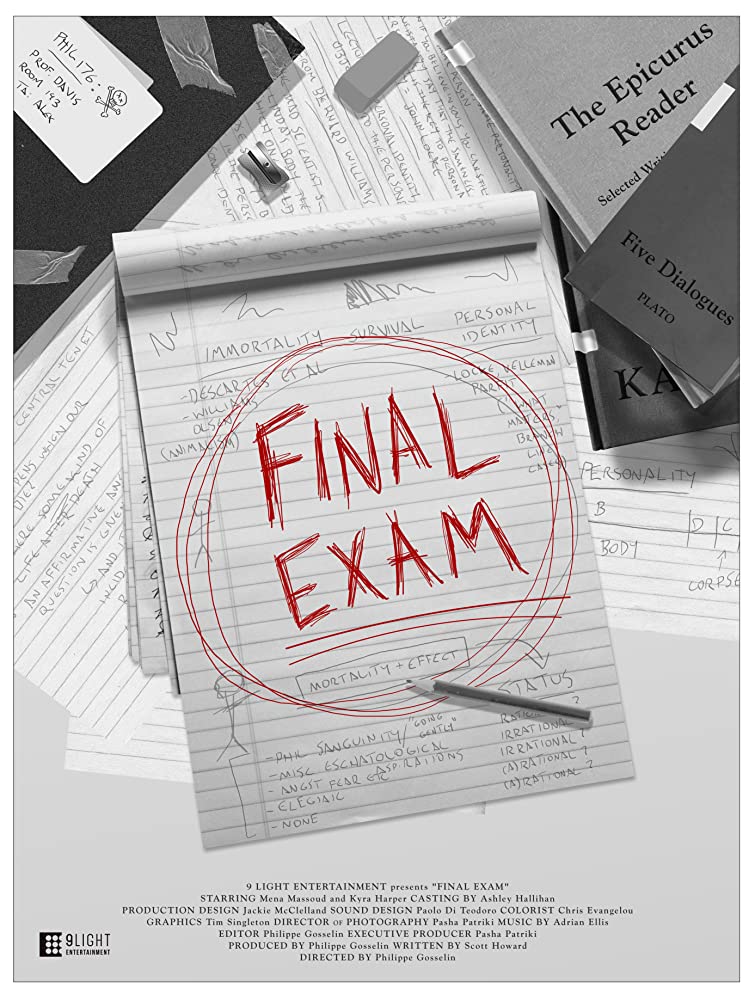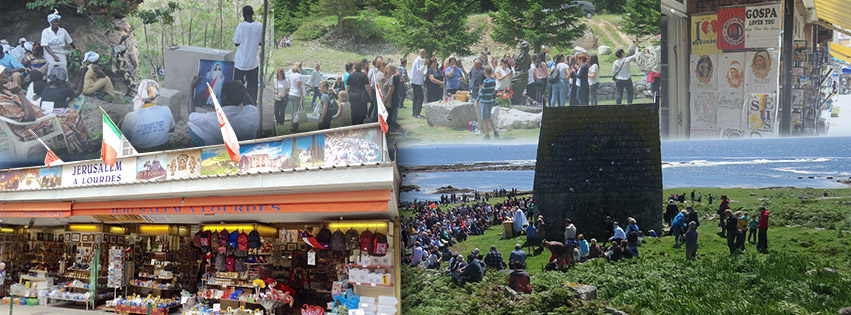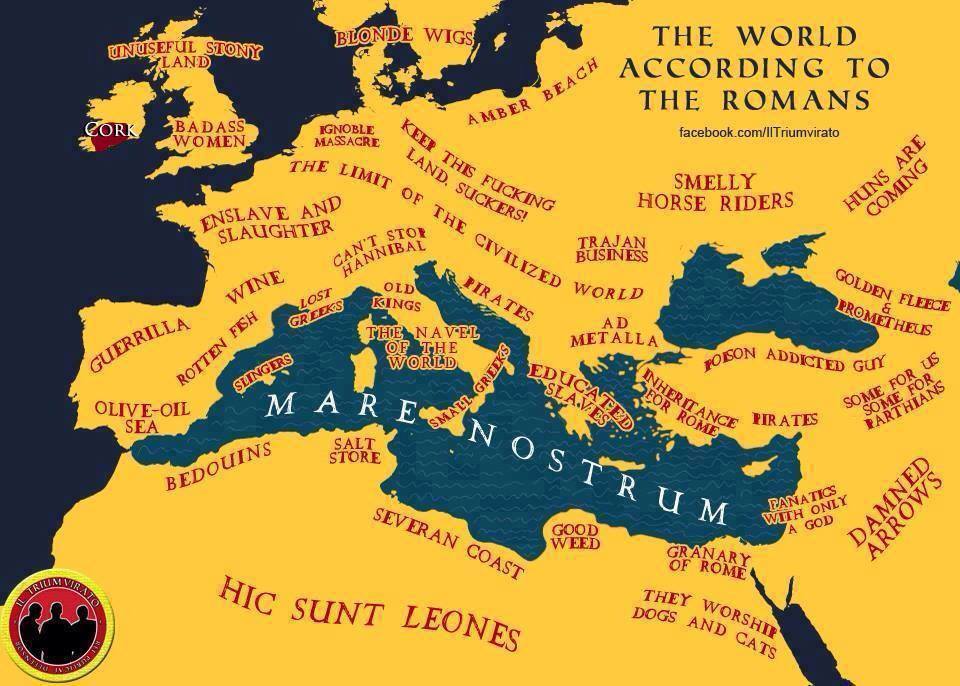Obvezni kolegij - završni ispit

- Nositelj kolegija: Danijela Birt
- Nositelj kolegija: Dunja Brozović Rončević
- Nositelj kolegija: Katica Burić
- Nositelj kolegija: Jadran Kale
- Nositelj kolegija: Mario Katić
- Nositelj kolegija: Jelena Kupsjak
- Nositelj kolegija: Tomislav Oroz
- Nositelj kolegija: Senka Bozic Vrbancic
The course focus will be on intertwining and interrelations between heritage, travel (religious and/or secular) and tourism. The multi-perspective and multidisciplinary approach aims to present the complexities of this relationship and the need to observe these practices and processes within much broader context (from social, economic, cultural, historical, anthropological and archeological perspective). The fundamental idea behind these diverse perspectives is that the meanings inscribed in places and practices are not ontologically given but rather socially and culturally conditioned by diverse individuals and groups. This raises the crucial issue of the relationship between etic definitions of pilgrimage, religion, the sacred and secular, as well as emic understanding of these and other relevant categories such as heritage, memory and identity (see Eade and Katić 2017). It also leads us towards the debate about the extent to which Western etic definitions of pilgrimage, religion, heritage and tourism can be applied in non-Western contexts (see Reader 2017 and Claveyrolas 2017 for contrasting views about this issue). Global changes, particularly the massive expansion of the travel and tourism industry have impacted cultural, social, religious, economic and political institutions and processes and created complex mixtures of elements which researchers have sought to describe through hybrid etic categories (see Eade and Katić 2017). Within this course we want to take both top-down but also a bottom-up perspective and evaluate what happens when the official and administrative conceptualizations of the historical and monumental past meet with the local tacit knowledge (histories, intimate remembrances and landmarks of life). From personal, group to national levels heritage is always a sensorial stimulus, a symbol of the community, a reason for conflict and an attraction that draws people. What they all have in common is the process of heritage making, conflict and contestation around heritage issues on different levels, and tourism as a starting and/or ending point (see Katić, Gregorič Bon and Eade 2017).

- Nositelj kolegija: Mario Katić
- Izvođač kolegija: Danijela Birt
- Izvođač kolegija: Senka Božić Vrbančić
- Izvođač kolegija: Tomislav Klarin
- Izvođač kolegija: Igor Kulenović
- Izvođač kolegija: Tomislav Oroz
Izborni kolegij za studente Etnologije i antropologije. Nudi se i drugim studentima na Sveučilištu.
- Nositelj kolegija: Dunja Brozović Rončević
- Izvođač kolegija: Nataša Šprljan
“The fool wanders, a wise man travels.” Thomas Fuller
- Nositelj kolegija: Danijela Birt
